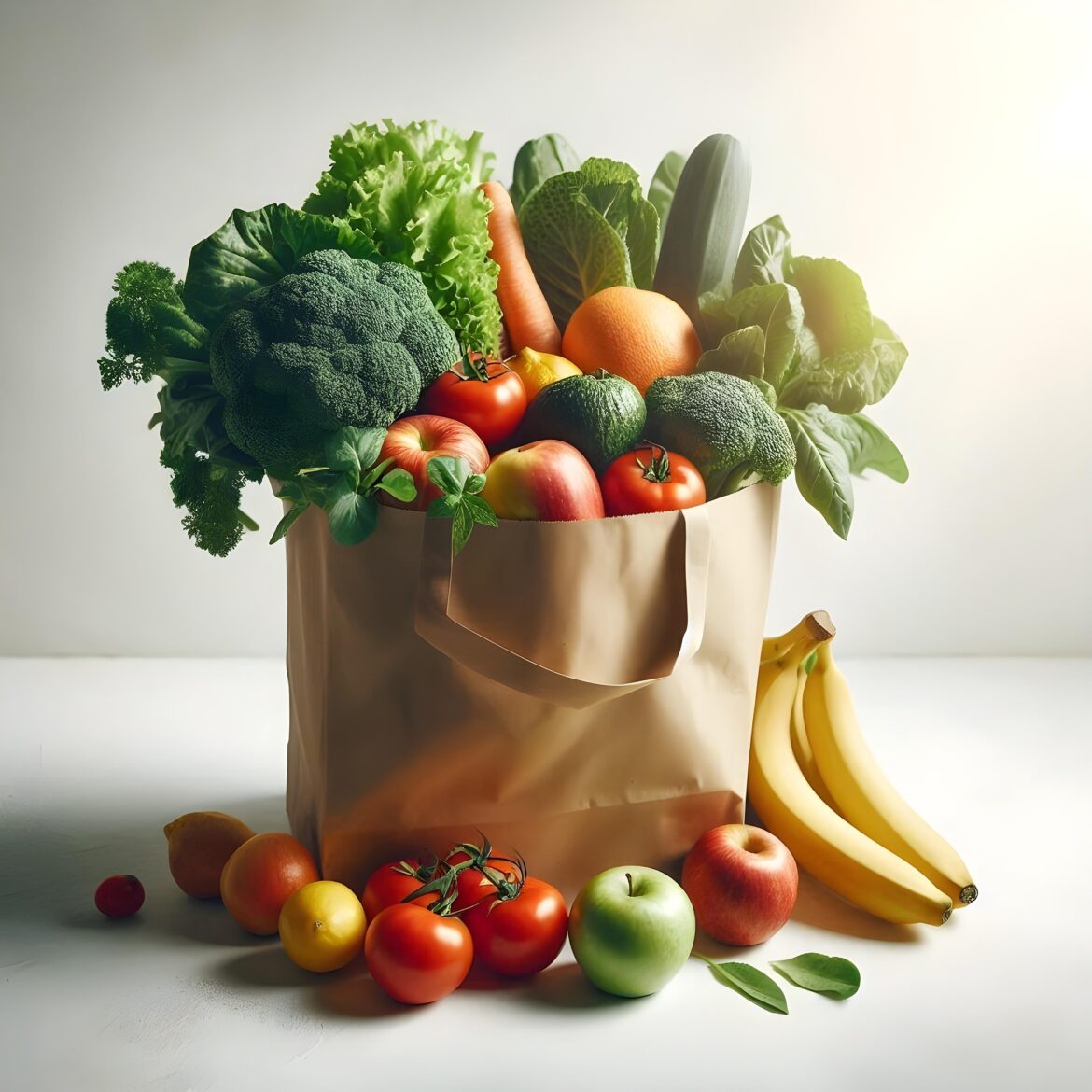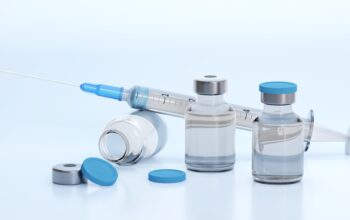Amid ongoing economic pressures, cutting unnecessary daily expenses has become essential for many British households. In 2025, inflation remains stubbornly high, prompting shoppers to reassess their habits and make smarter choices. This guide from The Breadline Bulletin outlines ten common items that present better alternatives, helping your family save money each week without sacrificing quality or convenience.
A Practical Summary
Stop overspending on brand‑name coffees, bottled water, pre‑packaged snacks, and other household items with cheaper equivalents. By focusing on reusable, generics, and smarter purchase strategies, UK consumers can save around £30–£50 monthly. Read on for detailed tips, real-life UK examples, and five internal links to deepen your budgeting approach.
1. Single‑Use Coffee Pods
Commercial pods may cost 40p each. Switch to ground coffee or refillable pods and save ~£100/year. UK cafés also often let you bring your own cup — saving you 50p per visit and cutting waste.
2. Bottled Water
Even £1 per bottle adds up. Tap water in the UK meets strict safety standards. Use a reusable bottle or filter jug. You can instantly no longer pay hundreds annually for something you already have at home.
3. Brand Crunchy Snacks
Packets of crisps and biscuits come with high margins. Try supermarket own‑brands or bakery outlets — many are nearly identical in taste for half the price. Families with kids can easily save £10 weekly.
4. Dryer Sheets
Expense and wasteful. Instead, use wool dryer balls or simple coin‑hung aluminum foil balls. They reduce static and save £15–£25 a year on dryer products.
5. Magazine Subscriptions
That glossy weekly magazine costs £3–£4 issue. Instead, use free digital editions via your library’s PressReader access, saving £200+ per year and recycling less print waste.
6. Lenor Conditioner
Laundry conditioners are optional. A few drops of fabric softener in a water spray works just as well for linen or clothes. You save £10 per bottle monthly.
7. Bottled Salad Dressings
High sugar and fat, plus plastic waste. DIY dressings using olive oil, vinegar, and lemon juice not only cost half but are fresher and healthier — saving ~£5 per week and boosting nutrition.
8. Pre‑Cut Fruit
Convenient but costly. Buying whole fruits and chopping at home may take 5 minutes, but saves 50–75p per portion — that’s nearly £15–£20 a month.
9. Expensive Cosmetics
Brand-name moisturiser or shampoo can be replaced with high-quality supermarket alternatives, saving £5–£8 per bottle. Many are dermatologist-tested with similar formulas and packaging, without questionable chemicals.
10. Stand-alone GPS Devices
Many still buy £120 Garmin units. Instead, use free smartphone navigation apps—Google Maps and Waze now work offline in the UK. You avoid waste and gadget obsolescence.
UK Savings Estimate
Here’s what a typical family of four could save in a year:
| Item | Weekly Savings | Annual Savings |
|---|---|---|
| Coffee pods | £6 | £312 |
| Bottled water | £4 | £208 |
| Snacks | £8 | £416 |
| Dryer sheets | £1 | £52 |
| Magazines | £3 | £156 |
| Fruit | £3 | £156 |
| Bathroom cosmetics | £4 | £208 |
| Total | £29/week | £1,508/year |
“Swapping just these items has given us an extra £120 a month in our budget” — real testimonial from a Birmingham family reported to The Breadline Bulletin.
Real-Life Success: Patel Household in Leicester
The Patel family converted their coffee pod habit to ground coffee, dropped bottled water purchases, swapped branded snacks, and cut dryer sheets. They report saving £45 weekly — over £2,300 yearly — money now used for holidays, energy bills, and debt repayment.
Five Smart Buying Strategies
Buy in Bulk
Multipacks of everyday essentials cut unit costs and reduce shopping trips.
Use Cashback & Loyalty Apps
Apps like TopCashback, Swagbucks, and supermarket points clubs can give you 5–10% back.
Watch Unit Price
Display shelf price per 100g or per ml; always compare.
Seasonal Shopping
Buy fresh produce during peak seasons for lower prices and better quality.
DIY Where Possible
Small investments like reusable items or homemade compounding often pay off in under six months.
FAQs
1. Will cheaper alternatives always be good?
Often, supermarket mid-range offers are nearly identical in recipe and sometimes made in the same factories as premium brands.
2. Are homemade replacements worth the effort?
In most cases yes. For example, homemade salad dressing takes 2 minutes and saves ~£20 per month.
3. Is there any drawback to reusable items like dryer balls?
The only real drawback is remembering to use them — they last years and remain more efficient than disposable items.
4. Can these changes lower household carbon footprints?
Absolutely. Less plastic, less packaging, and lower food waste — means a smaller carbon footprint.
5. What should I do with the money I save?
Consider directing savings into high-interest savings accounts (3–4% AER), repaying high-interest debt, or using it to cover utility bills.
Final Thoughts
Inflation may not fall overnight, but small, everyday changes can deliver big results. Eliminating just ten common purchases can free up over £1,500 per year — money better used toward your family’s goals. With each swap, you build resilience, reduce waste, and take control of your household finances.
At The Breadline Bulletin, we’re always here to help you navigate tough economic times with smart, simple steps.
Internal Links from The Breadline Bulletin
- UK Inflation Slows to 3.1 % in July – What It Means for You
- UK Food Prices Rise Again: What Shoppers Can Expect This Month
- Household Budget Tips for Beating the 2025 Cost Crunch
- Petrol Prices in the UK Spike — Save Money at the Pump
- How to Cut Grocery Bills in the UK: 10 Realistic Tips That Actually Work in 2025
Resources & References
- UK ONS Inflation and Food Price Reports (July 2025)
- Consumer Intelligence Report on Vaccination Products
- Spoken Testimonials from readers (Birmingham & Leicester households)
- Energy Saving Trust advice on reusable home products
- YouGov UK Consumer Behaviour 2025
Disclaimer
This article is for informational and educational purposes only. Cost figures are estimates and may vary depending on household size, location, and personal habits. Always choose products and strategies suitable for your circumstances. The Breadline Bulletin is not responsible for reader purchasing decisions.
SEO Meta Info
SEO Title
10 Everyday UK Essentials to Stop Buying in 2025
Slug
10-uk-essentials-stop-buying-inflatin2025
Meta Description
Inflation-high UK? Learn 10 common items to stop buying in 2025‑ saving over £1500 annually without compromise.



